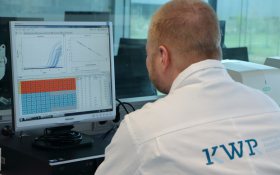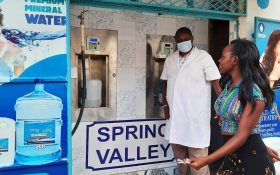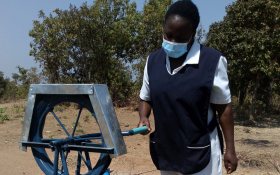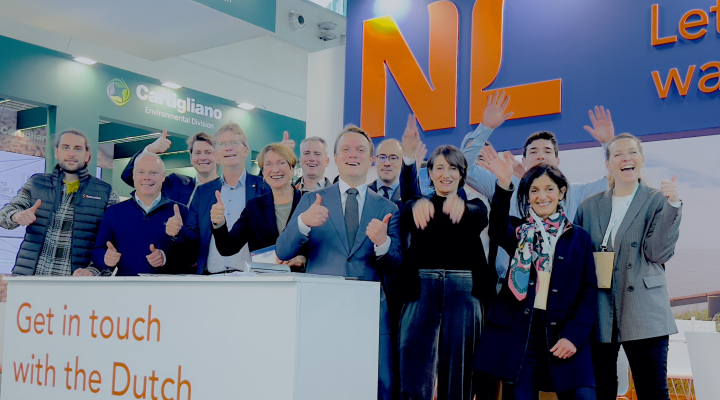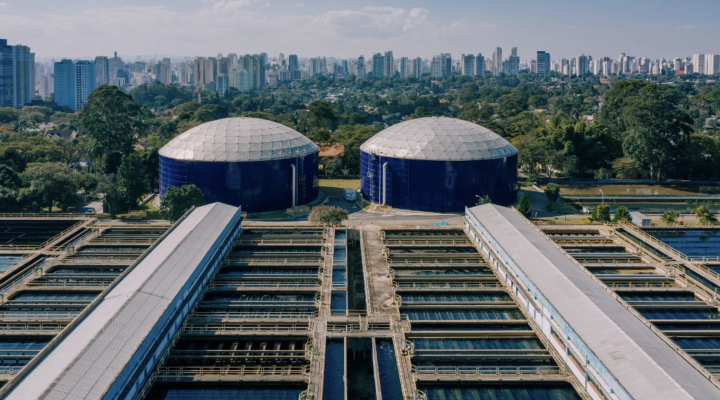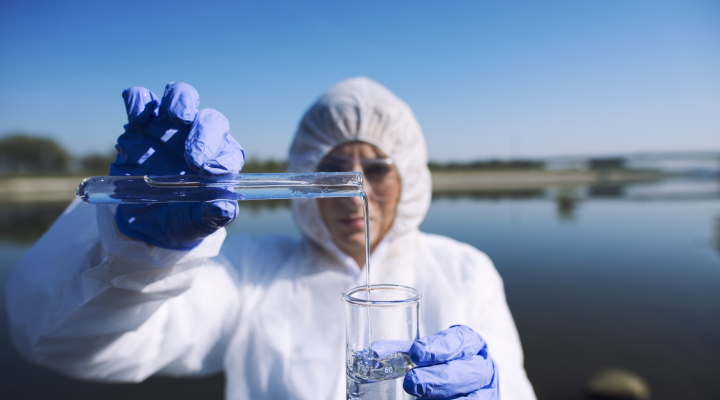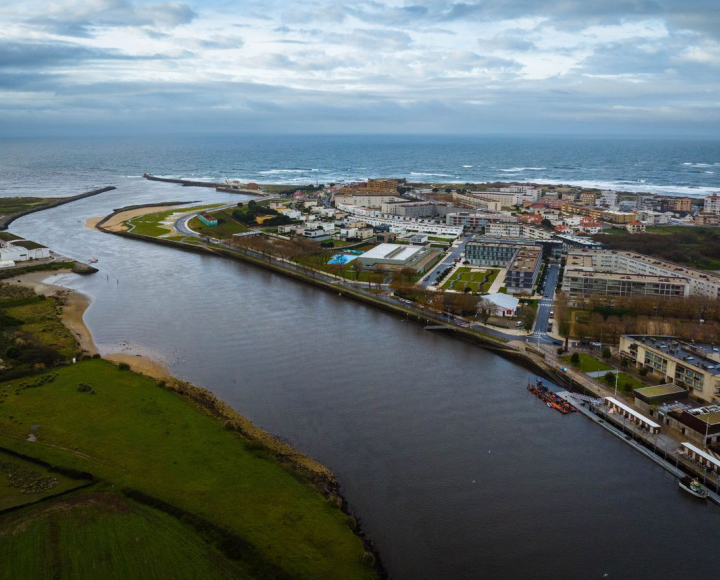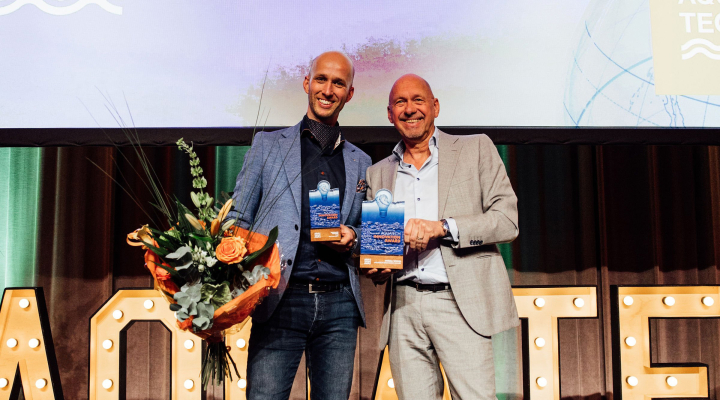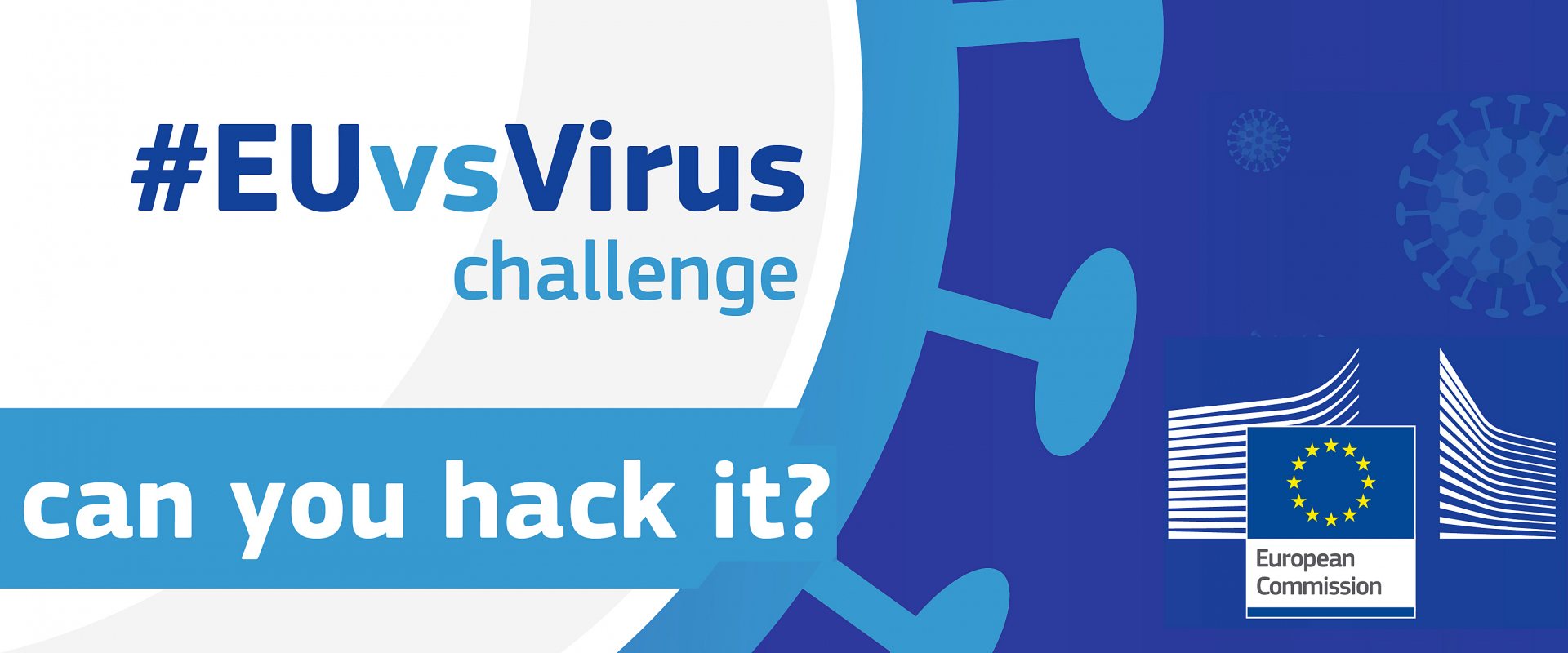
Sewers4Covid wins first round EU hackathon
Sewers4COVID, a team with Dutch, Greek, Spanish, and British participants, is one of the 117 solutions to remain in the race of the Coronavirus-related challenge EUvsVirus, organised by the European Commission.
The international team worked on the idea to develop a nation-wide early warning system for the Netherlands, by surveillance of sewer collection networks to track the spread of the virus.
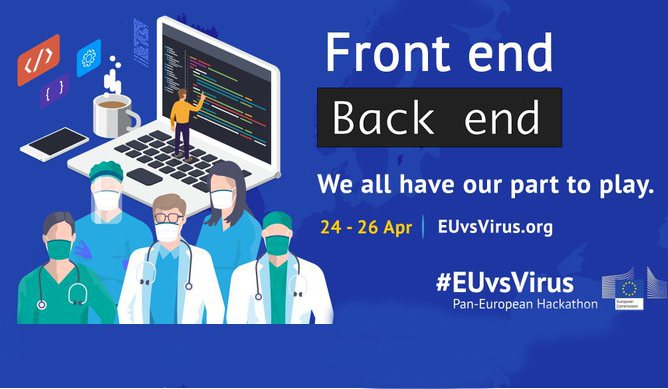

Fight Corona
The European Commission initiated the challenge with a call for innovative solution to fight the Coronavirus.
On 24, 25 and 26 April, a hackathon was held that saw the participation of 20,900 people with 2,150 solutions in areas including health and life (898), business continuity (381), remote working and education (270), social and political cohesion (452), digital finance (75) and other challenges (83).
Winner in the domain ‘Other’ was the Sewers4Covid solution. Together with 116 other solutions, the team was invited to further develop the solution during a Matchathon that will take place from 22 to 25 May
This next round will facilitate match-making with end-users, such as hospitals, and provide access to investors, corporations, foundations and other funding opportunities from across the EU.
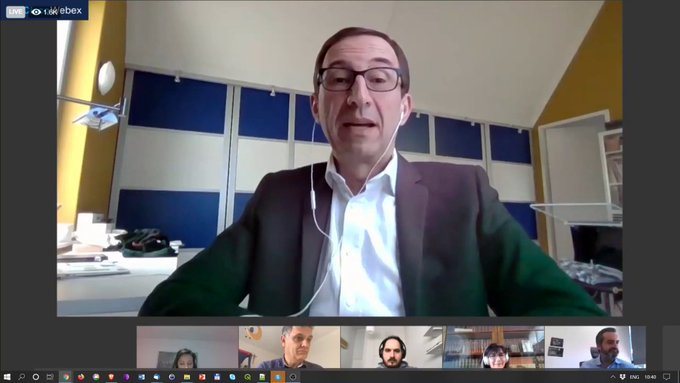

Sewer surveillance
The Sewers4Covid-team spend the weekend working on the concept of sewer surveillance to detect genetic remains of the Coronavirus in sewer water. Its presence indicates that people in a certain district are infected with the virus.
A pilot with sewer surveillance by research institute KWR at a Dutch waste water treatment plant in Amersfoort, the Netherlands, showed the presence of the Coronavirus a few days before the first patient had been detected through the regular healthcare channels.
Finding new hotspots
During the hackathon the team designed a first setup of a national early warning system for the Netherlands that included all sewer systems that eventually lead to waste water treatment plants.
Furthermore the team looked at the identification of all data sources and harmonisation of various data sets. By linking the sewer monitoring data with the medical data from the healthcare institutions, the team used machine learning techniques to find a correlation between the sewer monitoring, the location of hotspots, and the evolution of the pandemic.




